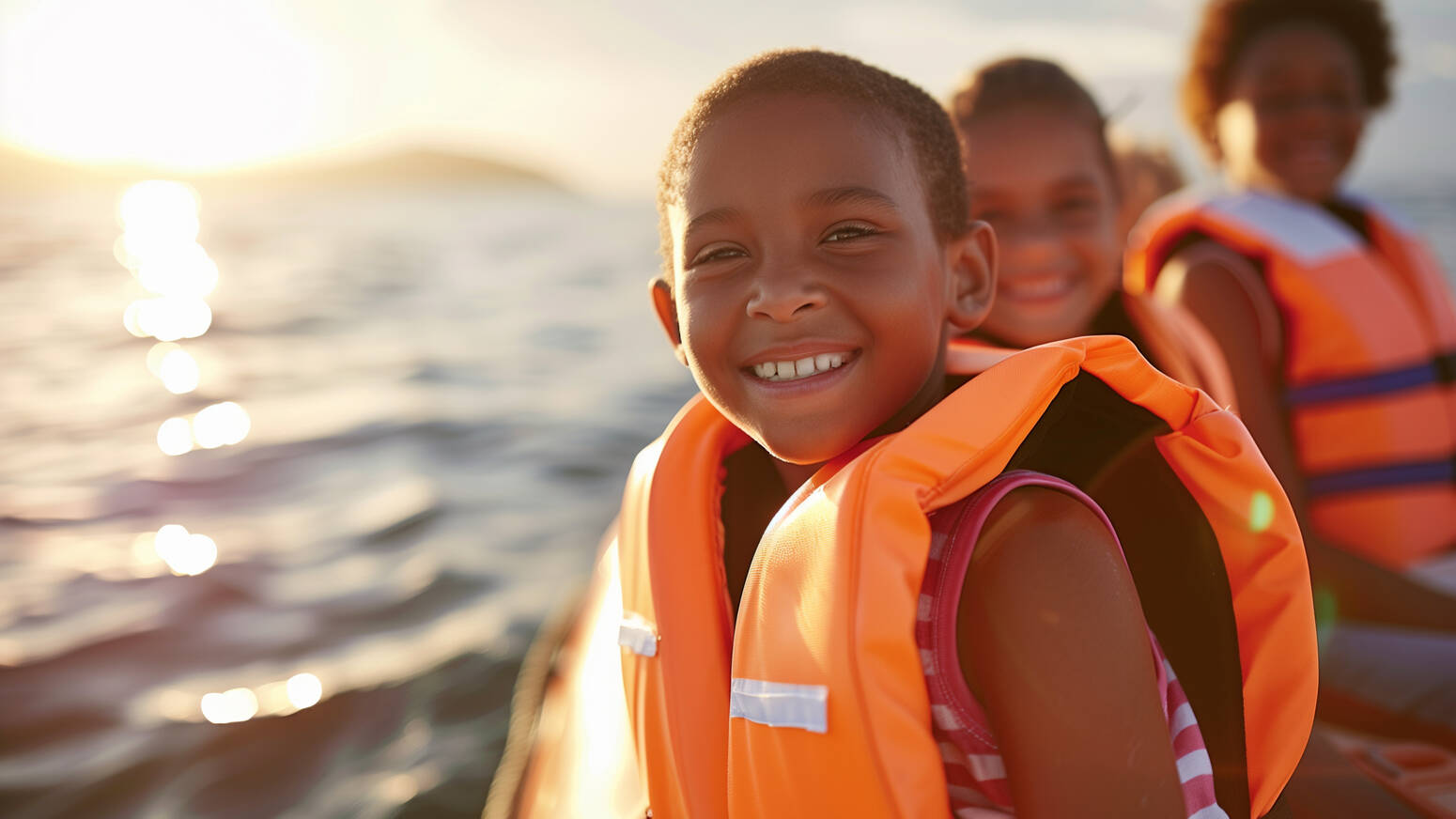- Many drownings occur in non-traditional swim areas, such as rivers and lakes, which can have hidden hazards like shifting underwater terrain.
- Water conditions change each season, especially after winter, making it essential to check the area before swimming.
- Swimming in designated areas with lifeguards present is strongly recommended.
- Constant and dedicated supervision of children is crucial — tools like a water watcher card can help assign responsibility and ensure continuous monitoring.
- Drowning is often silent and doesn’t resemble how it’s shown in movies, making attentive supervision even more critical.
- Hypothermia poses a significant risk in cold water; wearing a life jacket while boating or fishing can buy valuable time to reach safety before cold-related incapacitation sets in.
Water Safety Tips
Active supervision and life jackets are key to preventing silent drownings in open water.

James Esdon, Injury Prevention Center


